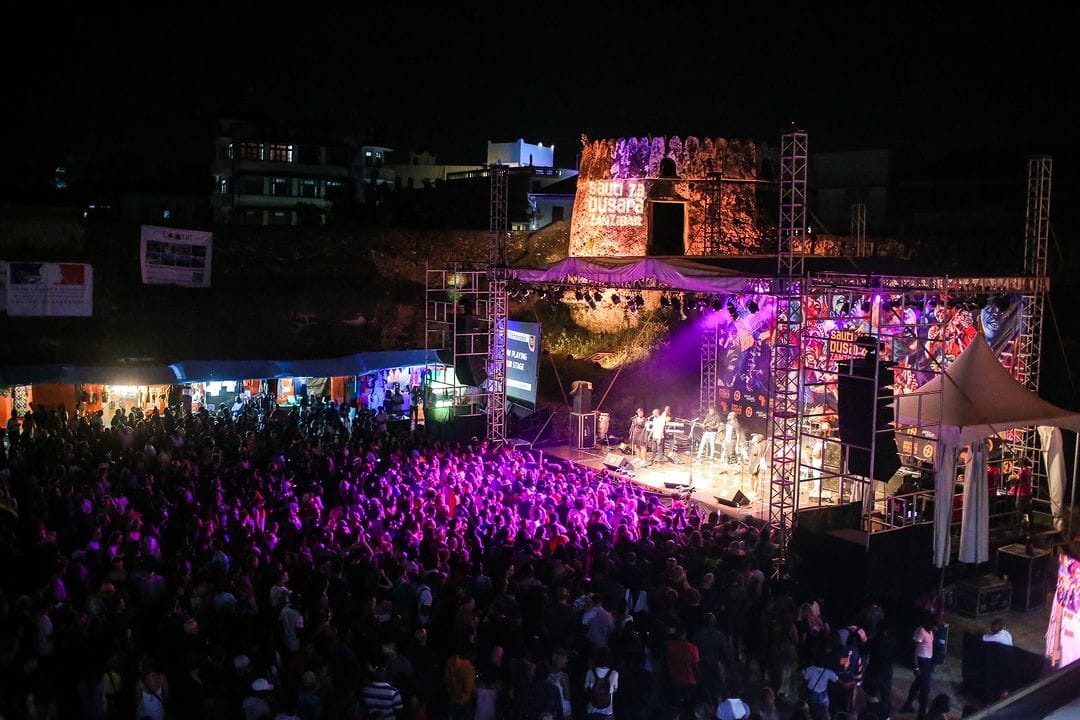Embark on an exhilarating journey through Africa's vibrant carnivals, each a unique expression of culture and celebration. From the pulsating streets of Nigeria's Calabar Carnival to the unity-infused Seychelles International Carnival de Victoria – these events are not just celebrations; they are kaleidoscopic reflections of Africa's diversity. Join us as we traverse the continents within a continent, exploring what makes these African carnivals an absolute must on your bucket list.
Introduction
Africa, a continent rich in diverse cultures, traditions, and vibrant celebrations, hosts some of the most captivating carnivals that leave a lasting impression on those lucky enough to attend. These events showcase the unique blend of colors, music, dance, and traditions that make Africa a cultural mosaic. In this article, we explore a few African carnivals that deserve a spot on your bucket list.
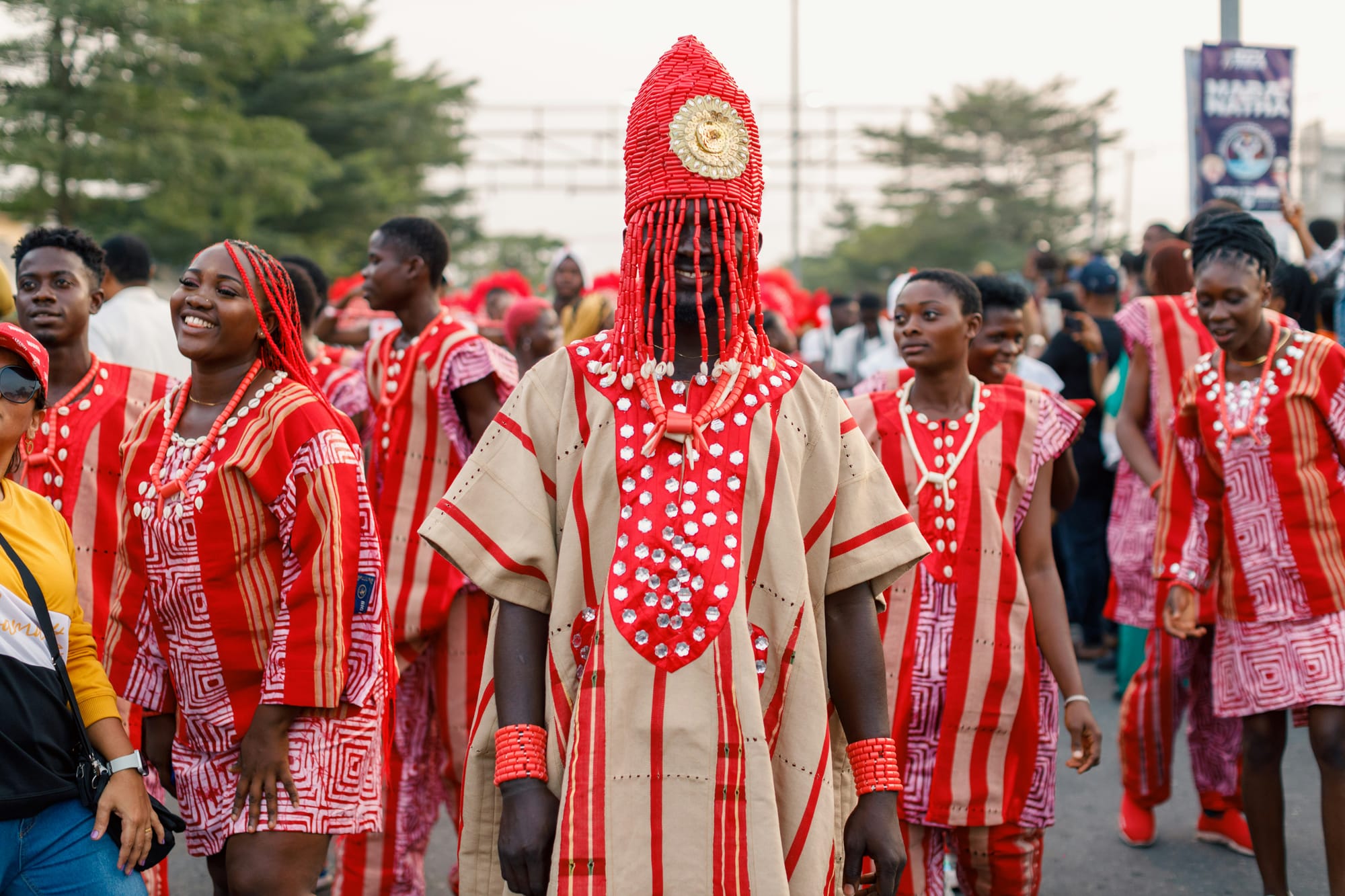
Calabar Carnival - Nigeria
The Calabar Carnival, often referred to as "Africa's Biggest Street Party," originated in 2004. The carnival takes place in Calabar, the capital city of Cross River State in Nigeria. Festivities kick off in early December and culminate on December 31st with a grand finale. It is a month-long extravaganza featuring parades, cultural displays, and musical performances. The highlight is the colourful street procession where thousands of costumed revellers showcase Nigeria's diverse cultures. The event also incorporates the international carnival, promoting unity and cultural exchange.
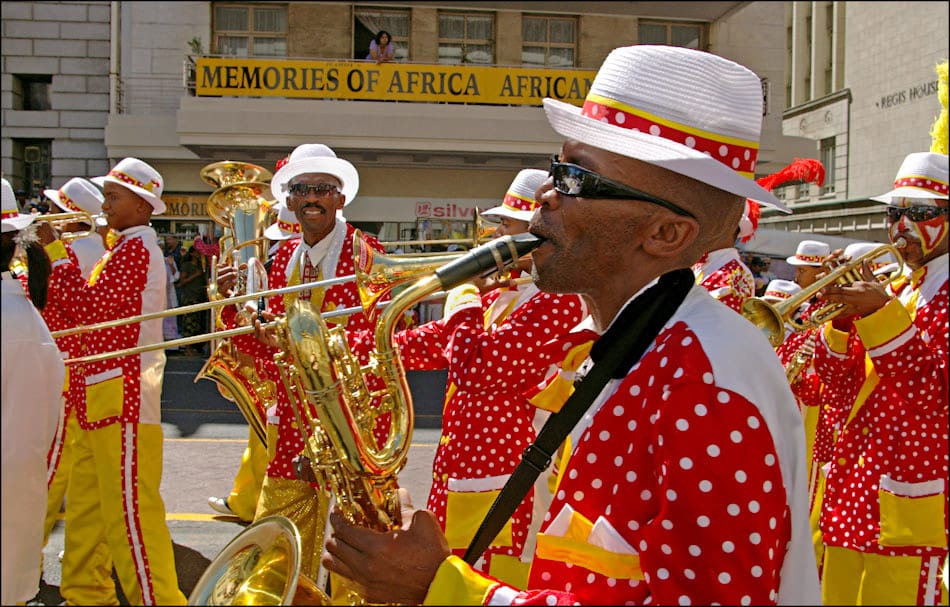
Cape Town Carnival - South Africa
Established in 2010, the Cape Town Carnival quickly gained popularity as a celebration of South Africa's rich heritage. The carnival unfolds in the streets of Cape Town, South Africa, typically in March. This carnival is renowned for its spectacular floats, vibrant costumes, and rhythmic music. Attendees witness a fusion of traditional and contemporary performances, emphasising themes like unity, diversity, and social awareness. The carnival's electrifying atmosphere makes it a must-attend event for anyone seeking an unforgettable experience.
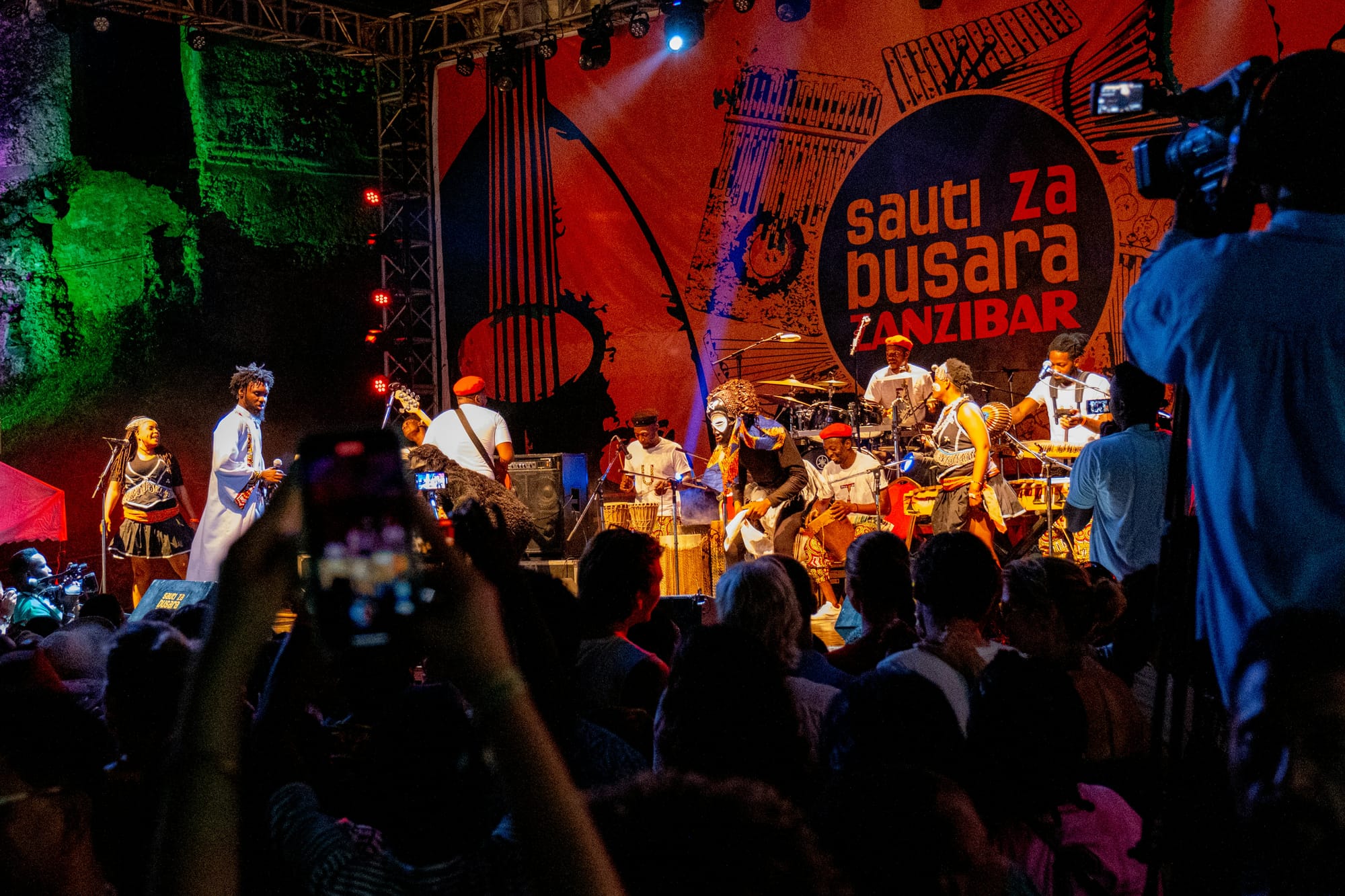
Sauti za Busara - Zanzibar
The Sauti za Busara, meaning "Sounds of Wisdom" in Swahili, started in 2004. Held in Stone Town, Zanzibar, the festival typically takes place in February. More than just a carnival, Sauti za Busara is a music and cultural festival that attracts artists from across the African continent. Attendees enjoy a diverse range of live performances, including traditional music, modern African beats, and international acts. The festival aims to promote East African music while fostering cultural exchange and appreciation.
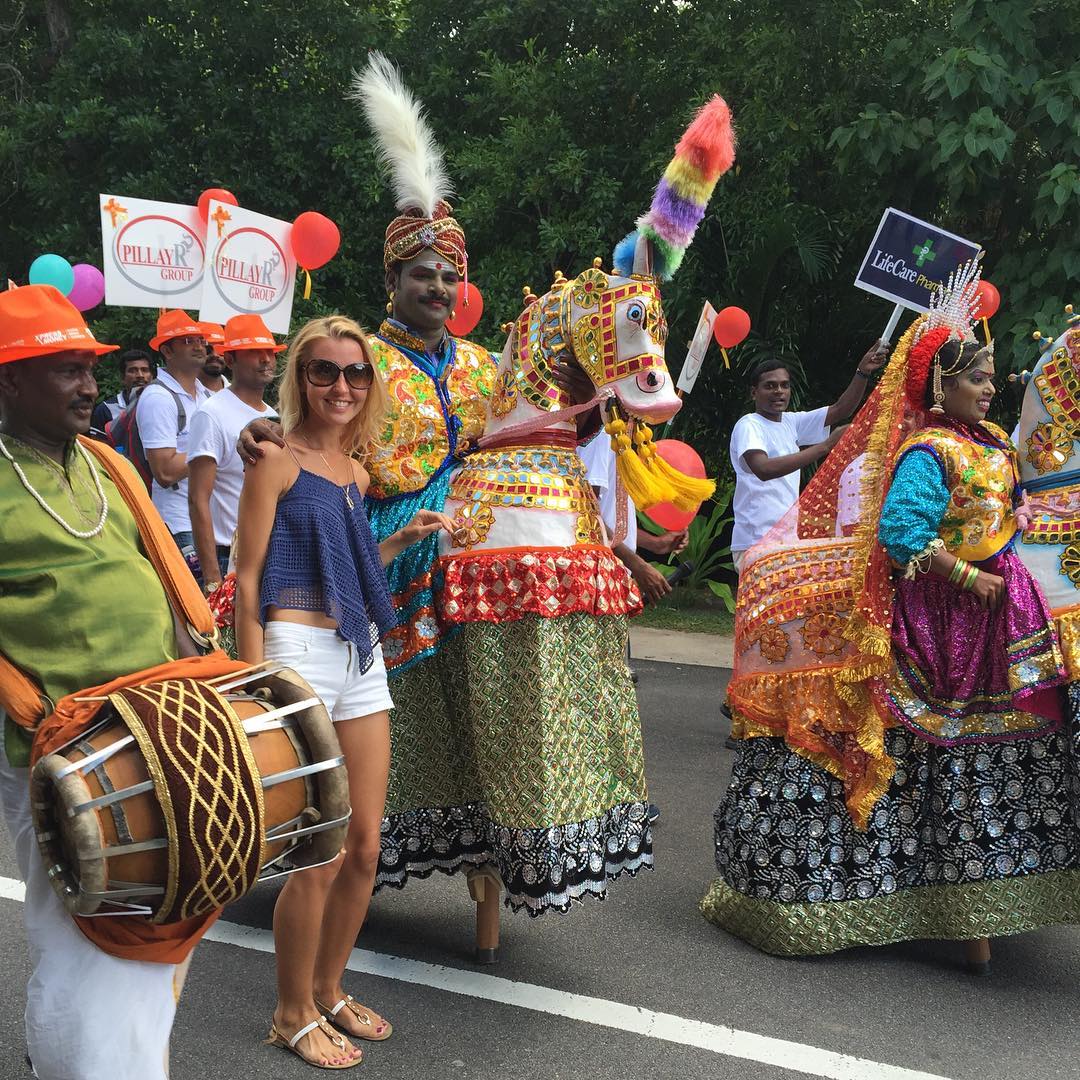
Carnival International de Victoria - Seychelles
Launched in 2011, the Carnival International de Victoria in Seychelles is a relatively new addition to Africa's carnival scene. This carnival takes place in the capital city of Victoria on the Seychelles archipelago, typically in April. The Seychelles Carnival is a melting pot of cultures, featuring vibrant parades with participants from various countries. With a focus on promoting global unity and understanding, the carnival showcases traditional music, dance, and art from both Seychelles and participating nations.
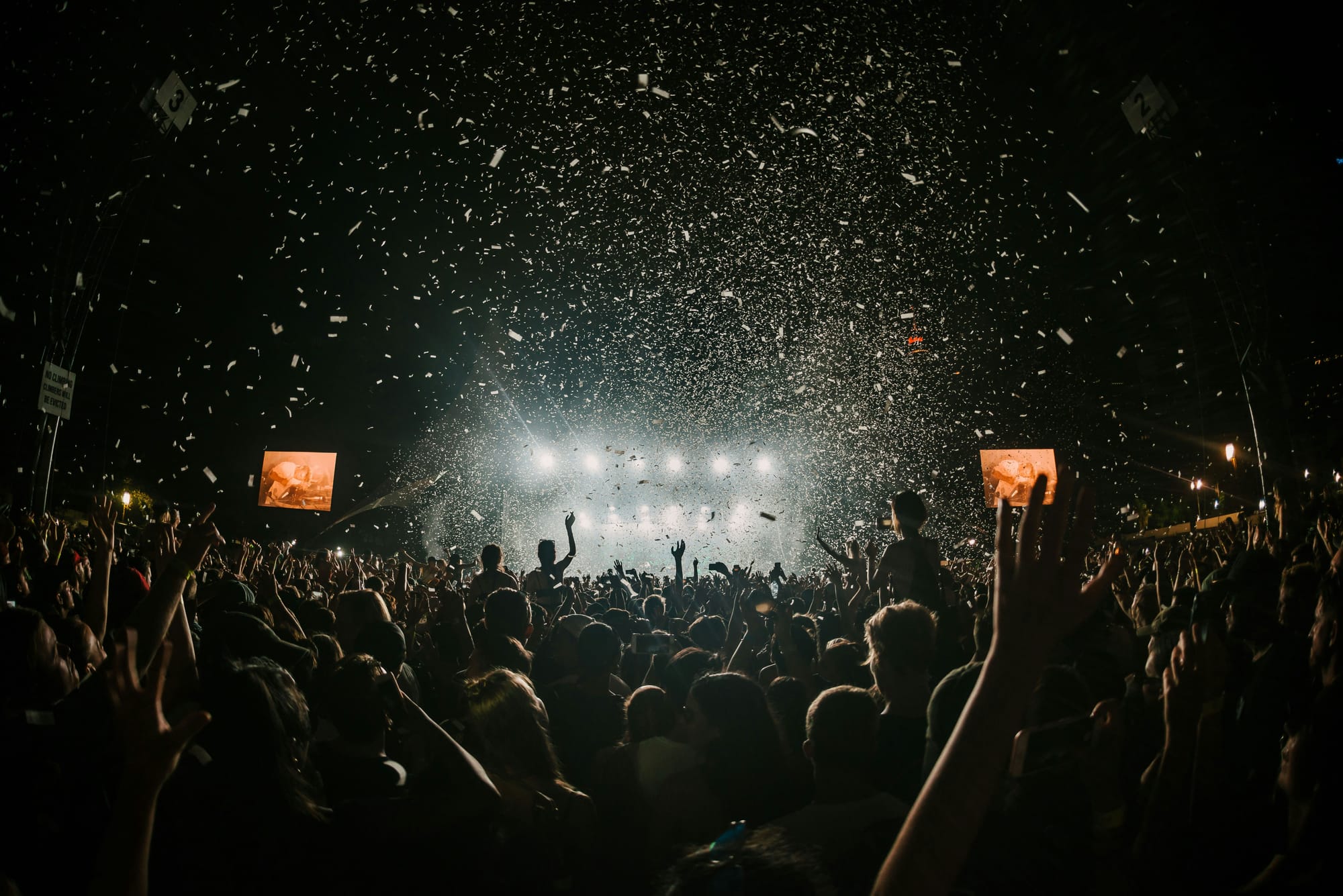
Festival Sur le Niger - Mali
The Festival Sur le Niger has been an integral part of Mali's cultural calendar since its inception in 2005. Held in Ségou, a city on the banks of the Niger River, the festival typically takes place in February. This carnival goes beyond the typical revelry, incorporating art, music, and intellectual forums. Attendees enjoy traditional performances, exhibitions, and discussions on topics related to African culture, making it a unique and intellectually stimulating experience.
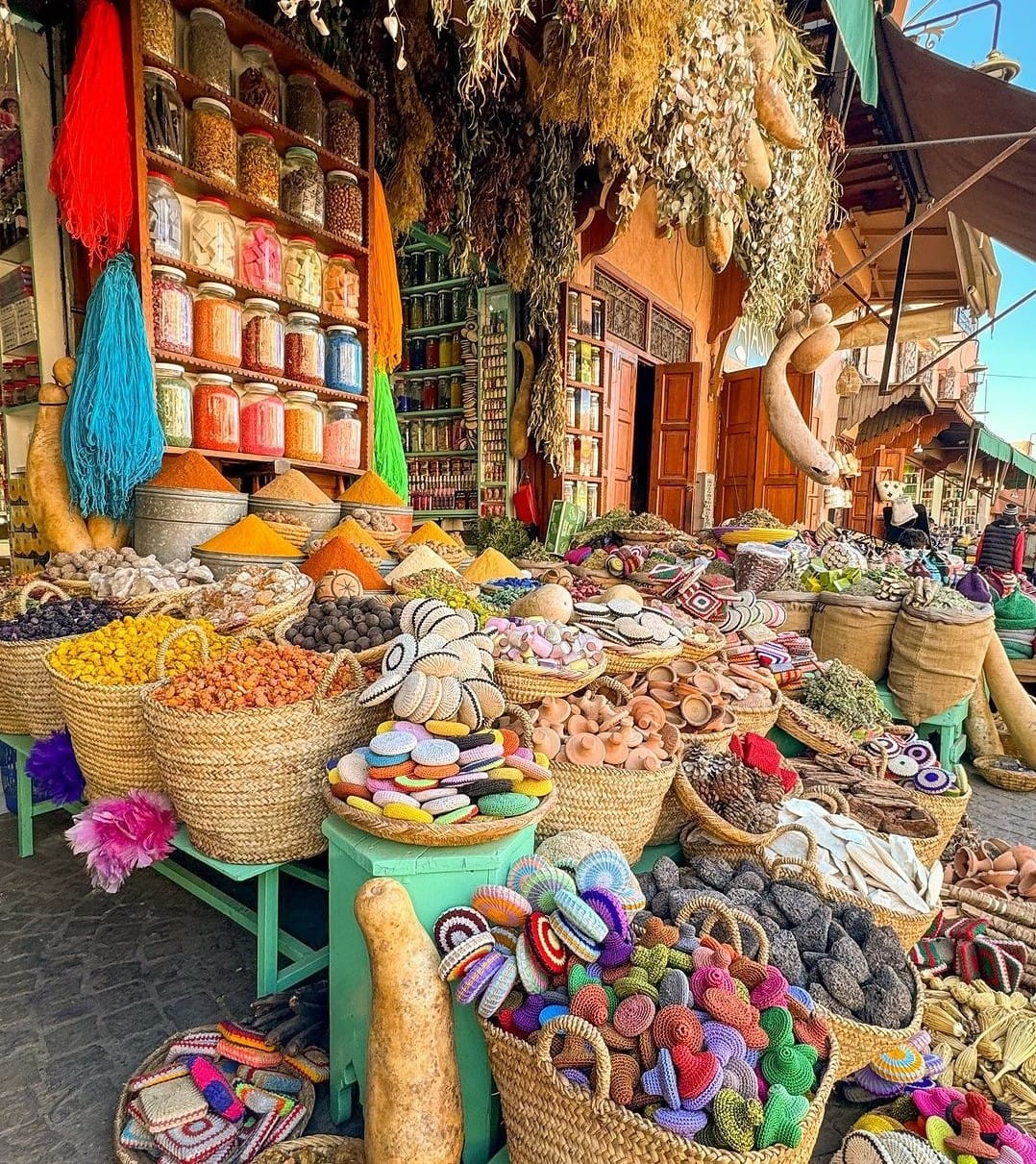
Marrakech Popular Arts Festival - Morocco
Dating back to 1960, the Marrakech Popular Arts Festival is one of the oldest and most revered celebrations in Morocco. The festival unfolds in the enchanting city of Marrakech, usually in July. This carnival is a celebration of Moroccan folklore, featuring street performances, processions, and traditional arts. From snake charmers and acrobats to musicians and dancers, the festival captures the essence of Morocco's cultural heritage.
Conclusion
African carnivals offer an array of colours, sounds, and traditions, providing a unique and enriching experience for attendees. Whether you find yourself dancing through the streets of Calabar, marvelling at the floats in Cape Town, or immersing yourself in the art in Morocco, these carnivals are sure to leave an indelible mark on your heart and soul. Make it a point to attend at least one of these extraordinary celebrations and witness the beauty of Africa's diverse and dynamic cultures firsthand.

